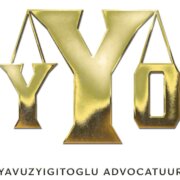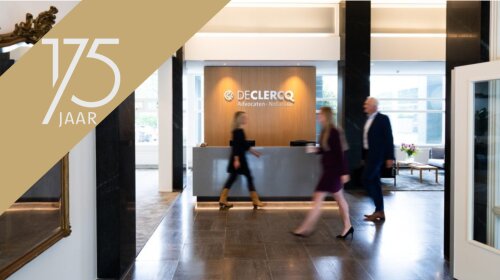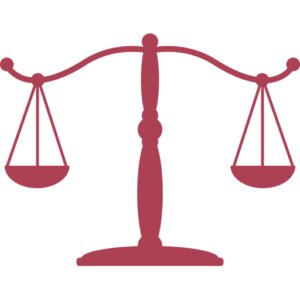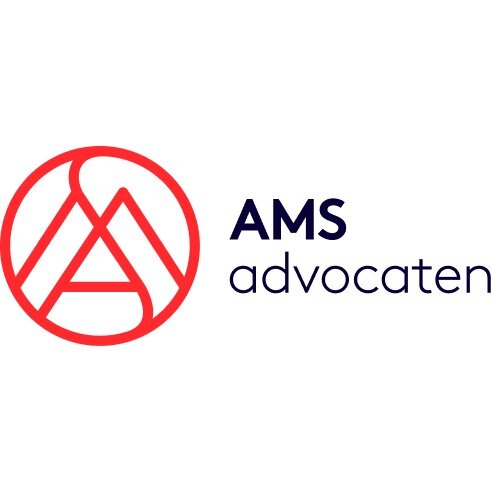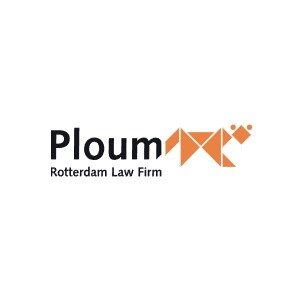Best Merger & Acquisition Lawyers in Netherlands
Share your needs with us, get contacted by law firms.
Free. Takes 2 min.
Or refine your search by selecting a city:
List of the best lawyers in Netherlands
About Merger & Acquisition Law in Netherlands
Merger and Acquisition (M&A) law in the Netherlands is a complex and multi-faceted area of commercial law that governs the buying, selling, and consolidation of companies. The Netherlands is a popular location for M&A activity due to its favorable corporate climate, robust legal framework, and strategic geographical position in Europe. Dutch M&A law provides detailed guidelines on various transactions, whether you're conducting an asset purchase, a share purchase, or a merger. The country's legal system ensures transactions are transparent, fair, and adhere to high international standards.
Why You May Need a Lawyer
Seeking legal advice in M&A can be crucial in several scenarios. Whether you are buying or selling a business, merging with another entity, or restructuring an organization, legal professionals can offer critical support. Lawyers help in negotiating terms, conducting due diligence, ensuring regulatory compliance, drafting necessary documents, and managing risks. Legal expertise is particularly invaluable in navigating complex tax implications, labor laws, and in addressing any antitrust concerns that may arise during the process.
Local Laws Overview
The Netherlands has a comprehensive legal framework governing M&A activities. Key aspects include the Dutch Civil Code, which outlines the corporate governance rules, and the Financial Supervision Act, which regulates public offerings and takeovers. Additionally, companies must comply with the Works Councils Act when dealing with labor and employment matters during mergers and acquisitions. The Dutch Authority for the Financial Markets (AFM) oversees the proper conduct of the financial markets, ensuring fair play and transparency. Also, Dutch competition law, aligned with EU regulations, requires notification and assessment of large transactions to prevent anti-competitive practices.
Frequently Asked Questions
1. What is the general process for conducting M&A in the Netherlands?
The process typically involves identifying targets, conducting due diligence, negotiating terms, drafting agreements, and obtaining regulatory approvals. Post-completion integration is also essential.
2. What is due diligence and why is it important?
Due diligence is a comprehensive appraisal of a business to evaluate its commercial potential and risks. It's vital for making informed investment decisions and ensuring transaction transparency.
3. Do I need to notify authorities of my merger plans?
If your transaction meets certain thresholds, yes, you must notify either national or European competition authorities to gain approval.
4. What are the common challenges in M&A transactions?
Challenges include regulatory hurdles, cultural integration, valuation disputes, and managing stakeholder expectations.
5. Are there specific tax considerations in M&A transactions?
Yes, tax implications can significantly impact transaction structure and pricing. It's crucial to assess VAT, corporate tax, and transfer pricing regulations.
6. How does Dutch competition law affect M&A activity?
Dutch competition law ensures that mergers and acquisitions do not create unfair monopolies or restrict competition. Significant transactions require assessment and approval.
7. Can M&A lead to job losses?
Potentially, as restructuring might lead to redundancy of certain roles. However, the Dutch Works Councils Act provides a framework for employee consultation.
8. What role do shareholders play in M&A transactions?
Shareholders have voting rights and can influence major decisions such as mergers, which often require their approval at general meetings.
9. How long does an M&A transaction typically take?
The timeline can vary, but middle to large-scale transactions often take several months to over a year, accounting for due diligence, negotiations, and regulatory approvals.
10. What are the risks of not seeking legal advice in M&A?
Risks include non-compliance with regulations, poor contract terms, unanticipated liabilities, and overall increased transaction costs and legal disputes.
Additional Resources
For more information, individuals can consult the Dutch Authority for the Financial Markets (AFM) or the Dutch Chamber of Commerce (KvK). Professional organizations such as the Dutch Bar Association offer directories of legal professionals specialized in M&A.
Next Steps
If you need legal assistance in M&A, consider consulting with a specialized M&A lawyer or law firm in the Netherlands. Conduct preliminary research to shortlist potential advisors, then arrange consultations to discuss your specific needs. Additionally, examining case studies and gaining basic knowledge of M&A processes can better prepare you for entering discussions with legal professionals.
Lawzana helps you find the best lawyers and law firms in Netherlands through a curated and pre-screened list of qualified legal professionals. Our platform offers rankings and detailed profiles of attorneys and law firms, allowing you to compare based on practice areas, including Merger & Acquisition, experience, and client feedback.
Each profile includes a description of the firm's areas of practice, client reviews, team members and partners, year of establishment, spoken languages, office locations, contact information, social media presence, and any published articles or resources. Most firms on our platform speak English and are experienced in both local and international legal matters.
Get a quote from top-rated law firms in Netherlands — quickly, securely, and without unnecessary hassle.
Disclaimer:
The information provided on this page is for general informational purposes only and does not constitute legal advice. While we strive to ensure the accuracy and relevance of the content, legal information may change over time, and interpretations of the law can vary. You should always consult with a qualified legal professional for advice specific to your situation.
We disclaim all liability for actions taken or not taken based on the content of this page. If you believe any information is incorrect or outdated, please contact us, and we will review and update it where appropriate.
Browse merger & acquisition law firms by city in Netherlands
Refine your search by selecting a city.






